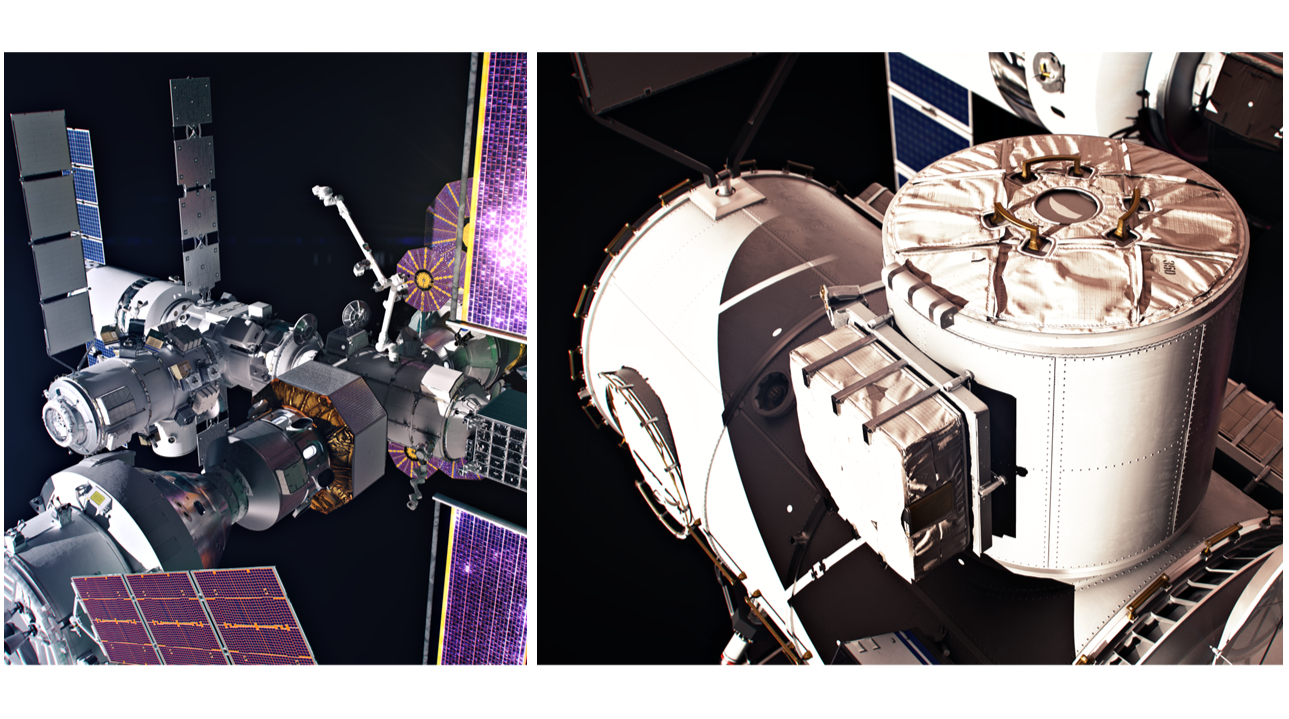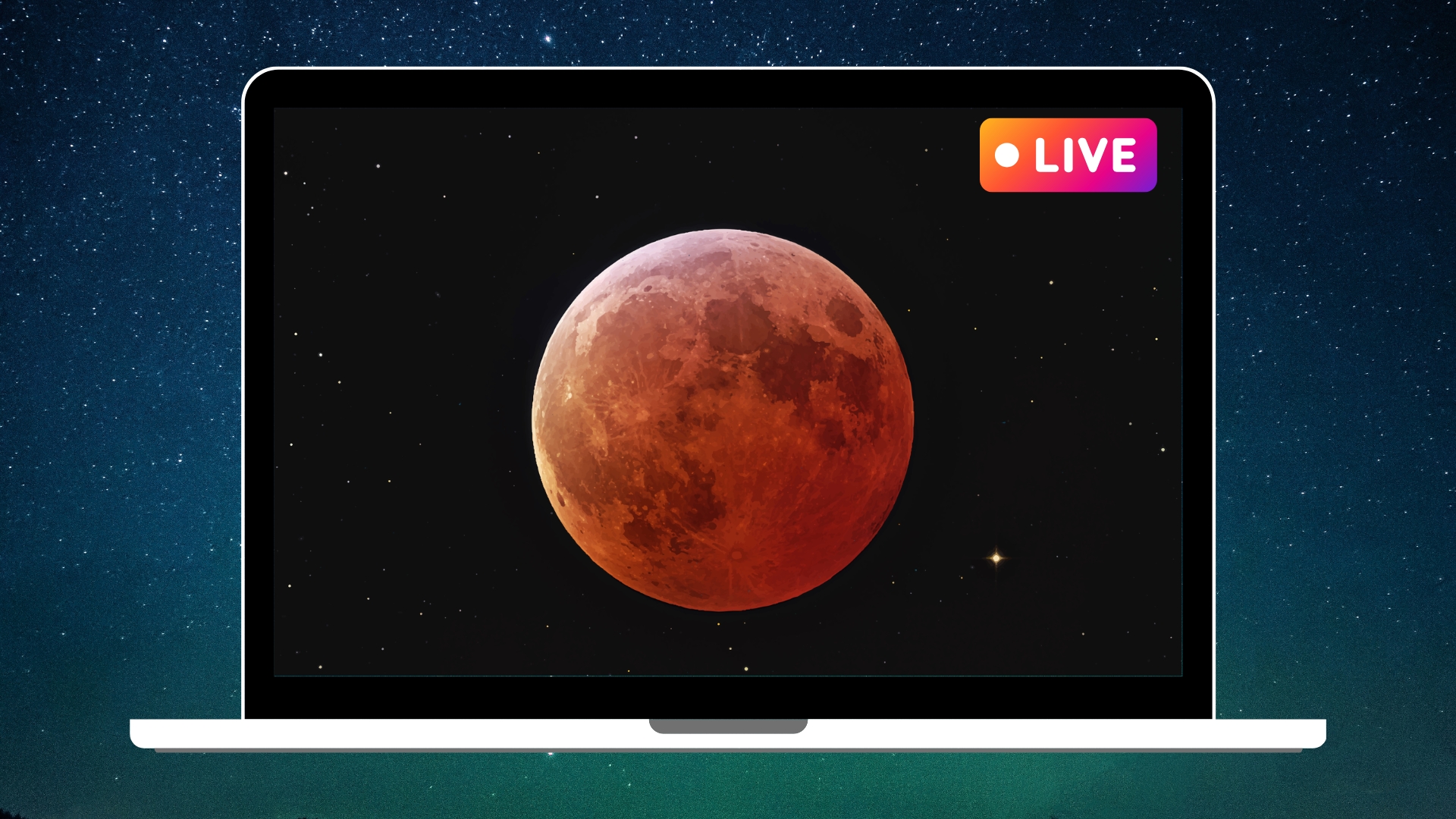UAE to provide airlock for NASA's moon-orbiting Gateway space station
The Middle Eastern nation will get to send one of its astronauts to Gateway as part of the deal.

Breaking space news, the latest updates on rocket launches, skywatching events and more!
You are now subscribed
Your newsletter sign-up was successful
Want to add more newsletters?
The United Arab Emirates (UAE) is getting involved with NASA's Artemis moon program, by building an airlock for the lunar Gateway space station. In return, one of the Middle Eastern nation's astronauts will get to visit the outpost in the future.
The UAE's Mohammed bin Rashid Space Centre (MBRSC) will build the Crew and Science Airlock module for Gateway — which will be humanity's first space station in orbit around the moon — according to a plan with NASA announced on Sunday (Jan. 7).
The Gateway will be a multi-element, lunar-orbiting staging post for missions to the moon's surface in the future. The airlock module will allow astronauts to embark on spacewalks outside of Gateway, as well as to deploy science payloads outside the station. As part of the deal, a UAE astronaut will get to fly to the lunar Gateway space station on a future Artemis mission.
Related: NASA's Gateway moon-orbiting space station explained in pictures
"As chair of the National Space Council, I have made it a priority to enhance international cooperation in space," U.S. Vice President Kamala Harris said in a statement on Sunday. "By combining our resources, scientific capacity and technical skill, the U.S. and UAE will further our collective vision for space and ensure it presents extraordinary opportunities for everyone here on Earth."
The first Gateway elements are currently scheduled for launch together on a SpaceX Falcon Heavy rocket no earlier than 2025. No timeline was suggested for UAE's airlock contribution in Sunday's announcement.
"We are in a new era of exploration through Artemis — strengthened by the peaceful and international exploration of space. The UAE's provision of the airlock to Gateway will allow astronauts to conduct groundbreaking science in deep space and prepare to one day send humanity to Mars," NASA Administrator Bill Nelson said in the same statement.
Breaking space news, the latest updates on rocket launches, skywatching events and more!
The UAE is one of 33 countries signed on to the U.S.-led Artemis Accords as of December 2023. The Accords set out principles for exploration and collaboration and guide practices of the NASA-led Artemis program.
The Middle Eastern country has been striving to develop its emerging space sector in recent years, launching a Mars orbiter, fostering a space industry ecosystem, engaging in human spaceflight and planning ambitious missions, including landing a probe on an asteroid between Mars and Jupiter in 2034.
An Emirati university, meanwhile, signed up to participate in the China-led International Lunar Research Station (ILRS), which is a separate lunar exploration initiative. Both the Artemis and ILRS projects plan to get astronauts to the lunar surface this decade.

Andrew is a freelance space journalist with a focus on reporting on China's rapidly growing space sector. He began writing for Space.com in 2019 and writes for SpaceNews, IEEE Spectrum, National Geographic, Sky & Telescope, New Scientist and others. Andrew first caught the space bug when, as a youngster, he saw Voyager images of other worlds in our solar system for the first time. Away from space, Andrew enjoys trail running in the forests of Finland. You can follow him on Twitter @AJ_FI.
